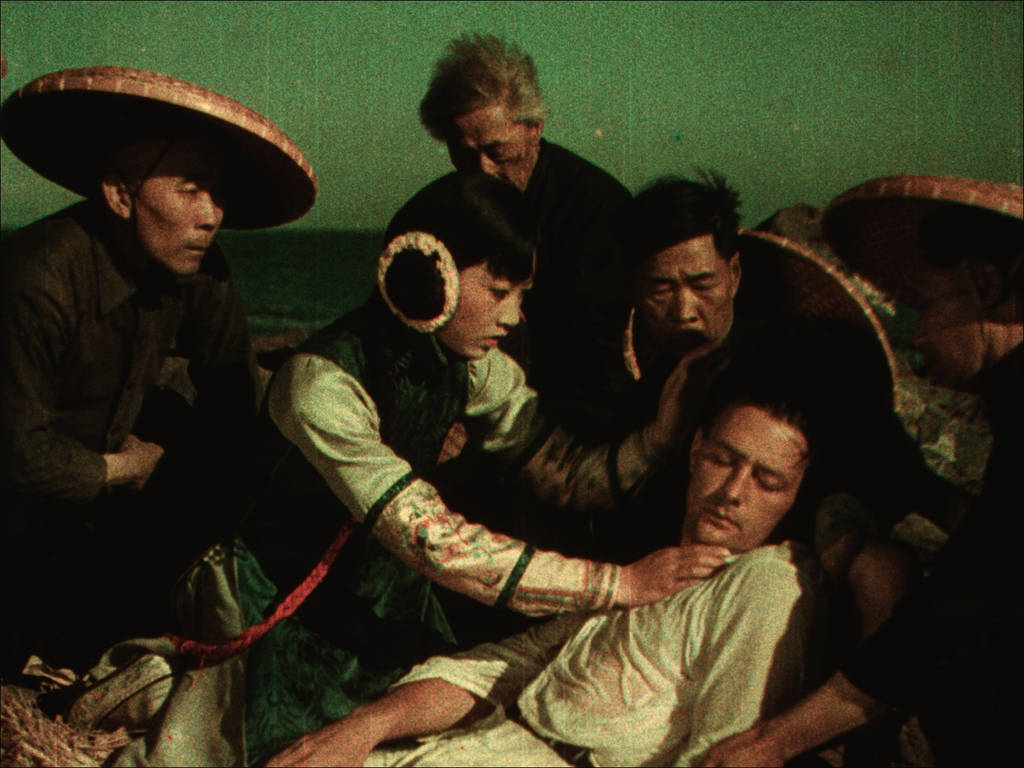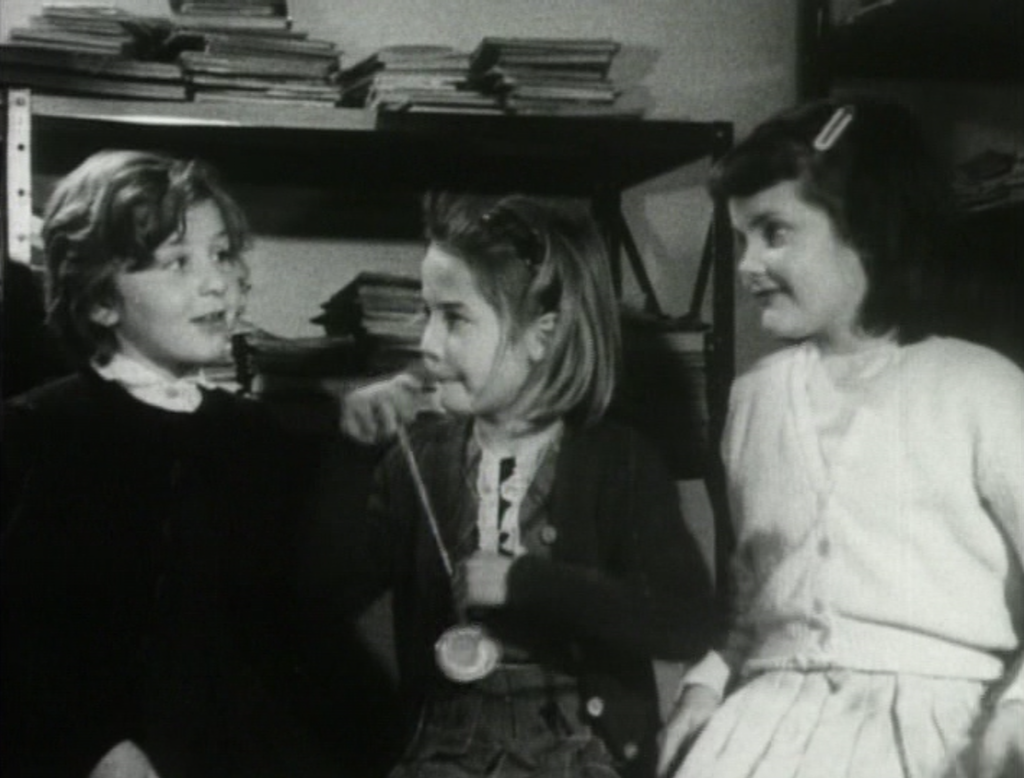Film Matters is pleased to announce the winner of the sixth annual Masoud Yazdani Award: Alexandra Coburn, for her FM 10.3 (2019) article, “Valerie the Vampire Slayer: Abjection, the Czech New Wave, and Feminist Interventions.” Alexandra recently graduated Summa Cum Laude from the Cinema and Photography program at Ithaca College with honors in English. She is focused primarily on both narrative and experimental independent filmmaking. Recently, Alex served as an intern in the Department of Film at the Museum of Modern Art and as an administrative intern with Film Forum. In recognition of her achievement, Alexandra will be receiving a copy of Feminist Film Theory: A Reader, edited by Sue Thornham and published by NYU Press.
Speaking on behalf of our panel of judges, Alexis Dickerson had this to say about Alexandra’s winning article:
We found that Coburn’s essay met the requirements we were looking for [“Is the article structurally sound? Does the article demonstrate substantial scholarship? Is the topic original and compelling? Does the article’s comprehension require previous knowledge? We felt that it was important that, in giving the winner a platform, we selected works that would benefit most from further exposure, such as recovery projects and those covering underwritten areas.”]. It stood out for how it balanced scholarship and style with a crucial and compelling case study. The zeal it inspires in readers derives from Coburn’s impassioned tone. In many of our discussions, there was overwhelming support for this essay due to its generative work on the Czech New Wave and feminist content.
This year’s judges also wanted to recognize two other strong articles with honorable mentions: Safwat Nazzal’s FM 10.1 (2019) article “Off-Script: Toward a Revolutionary Arab Cinema” and Justine Xi’s FM 10.3 (2019) article “Critical Anti-Realism in Chinese Postsocialist Films Chicken Poets (Meng Jinghui, 2002) and Asia One (Cao Fei, 2018).” Safwat is an independent writer and director at Chapman University, who deals with madness and authority in his short-form narrative and documentary work. He has served as a lead programmer at Chapman’s Cross-Cultural Center and as of 2018 is a programming intern at the Arab American Film Festival. And Justine recently completed her Bachelor of Fine Arts in Studio Art at Washington University in St. Louis. She is currently based in the Bay Area, volunteering at Canyon Cinema and making her first analog film. To mark their accomplishment, Safwat and Justine each received a copy of George Eastman Museum’s The Art of Film Projection: A Beginner’s Guide, edited by Paolo Cherchi Usai, Spencer Christiano, Catherine A. Surowiec, and Timothy J. Wagner.
This award is nothing without the hard work of our judging panel. So we want to take a moment to acknowledge our 2020 judges again:
Alexis Dickerson is currently pursuing her MA of Film Studies at the University of North Carolina Wilmington (UNCW). She graduated with a BA in Film Studies from UNCW in 2018. Her area of focus is how film theory and techniques have been and are influenced by social media content.
Anya Ekaterina is a Film Studies MA student at the University of North Carolina Wilmington. A painter, photographer, and film essayist, she is deeply passionate about women-authored media. Fascinated by child-centric cinema, she is particularly interested in researching portrayals of feminine adolescence in French cinema.
Matthew Johnson is a postgraduate student at Victoria University of Wellington working toward a Master of Arts degree. His current thesis concerns French Impressionist aesthetics and theoretical applications in the contemporary films of Terrence Malick. Beyond his present work, he hopes to pursue an academic career in research and education.
Genie Mason is a graduate student born and raised in Raleigh, NC. She earned her undergraduate degree in Film Studies and Sociology at the University of North Carolina Wilmington. Genie is interested in studying films from a sociological perspective, utilizing sociological theory to understand the impact films have on society. Apart from studying films, she enjoys creating her own experimental and documentary films. Her other interests include rugby, photography, poetry, and traveling.
Matthias Smith is a graduate student at the University of North Carolina Wilmington, where he is majoring in Film Studies. He graduated with a BA from Columbus State University with a double major in History and Art History. He has previously interned and worked as a film archivist at the Columbus State University Archives. His area of focus is classical Hollywood cinema, but he also has research interests in gender and sexuality in film. He has presented his research on Nancy Drew in film and television at the 2018 Stars and Screen conference and is preparing his research for possible publication. Matthias is an AVID certified user, and enjoys reading in his spare time.
Each year, Film Matters honors Masoud Yazdani, founding chairman of Intellect and all-around visionary who is very much missed, by recognizing an emerging undergraduate film scholar who has published a peer-reviewed article in Film Matters the previous volume year. The winning author, selected by academics based at institutions of higher education worldwide, receives a book from the field of film studies, in recognition of his/her achievement.
Judging for the 2021 award process will begin as soon as issue 11.3 (2020) is released. For more information, please visit: https://www.filmmattersmagazine.com/masoud-yazdani-award/













































